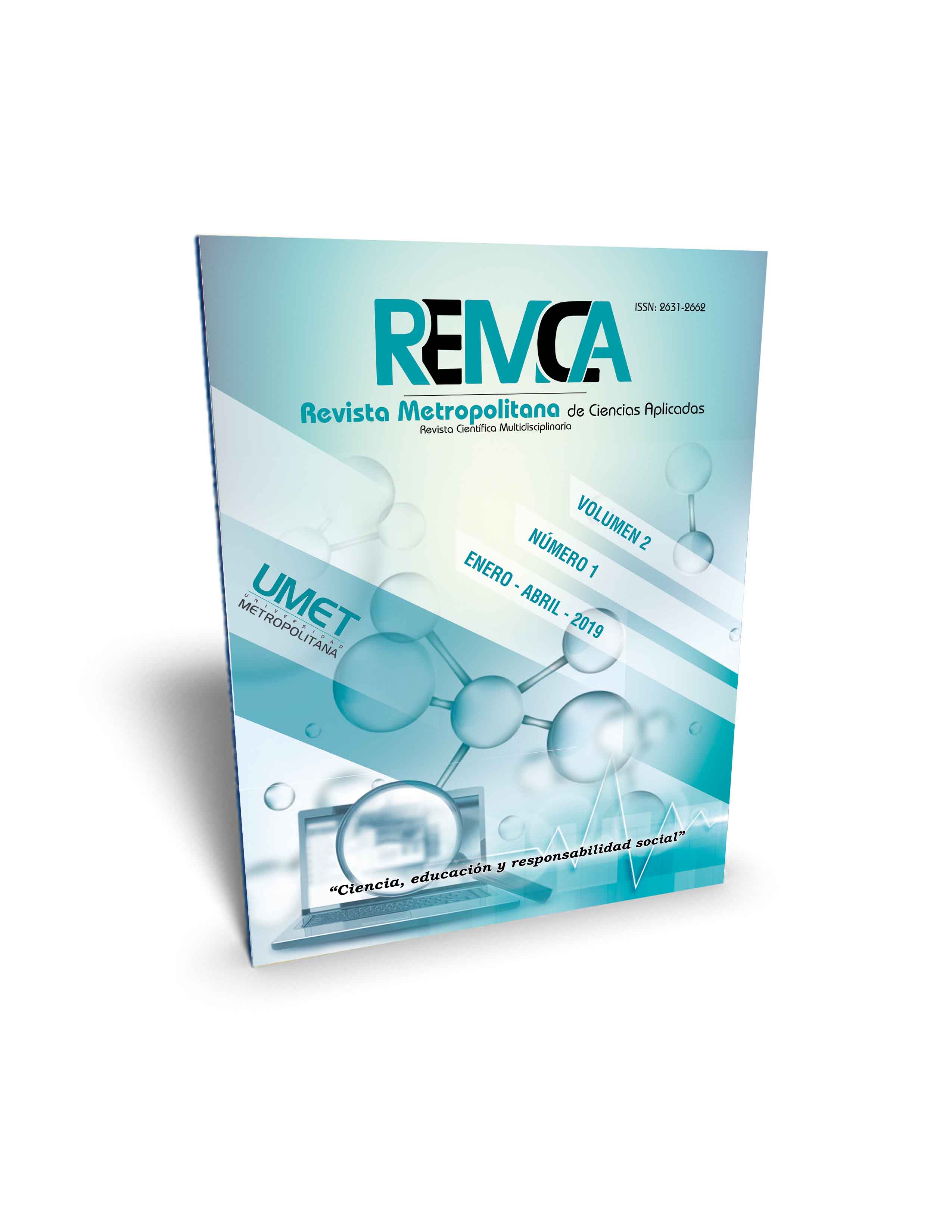Principios, leyes y categoría de la pedagogía
DOI:
https://doi.org/10.62452/wq9ydf05Keywords:
Pedagogy, education, learning, teaching, law, principles, categoryAbstract
The article analyzes the importance of pedagogy as a science for the study of human education and its transformation. Through the application of an observation guide to the Vicente Rocafuerte Educational Unit, it was concluded that pedagogy is the fundamental and indispensable basis for quality education and productivity. The principles mention the way of educating the student, the categories, the way of teaching and the laws, the interaction with the educational environment. It is concluded that teachers should be aware if the form of teaching used is appropriate according to the characteristics of the students; and the administrative staff, as a mediation center, if the planning proposed by the teacher is carried out in an effective manner.
Downloads
References
Addine Fernández, F., et al. (2007). Didáctica: teoría y práctica. La Habana: Pueblo y Educación.
Addine Fernández, F.,González Soca, A. M., & Recarey Fernández, S.C. (2002). Principios para la dirección del proceso pedagógico. En, G. Batista, Compendio de Pedagogía. La Habana: Pueblo y Educación.
Álvarez de Zayas, C. M. (1999). La escuela en la vida. La Habana: Pueblo y Educación.
Küper, W. (2002). Pedagogía general. Quito: Abya Yala.
Labarrere Reyes, G., & Valdivia Pairol, G. (1988). Pedagogía . La Habana: Pueblo y Educación.
Lemus, L. (1969). Pedagogía: temas fundamentales. Buenos Aire: Kapelusz.
Downloads
Published
Issue
Section
License
Copyright (c) 2019 Gilson Cabrera Carchi, Jonathan García Sellan, Michelle Arizaga Suárez (Autor/a)

This work is licensed under a Creative Commons Attribution-NonCommercial-ShareAlike 4.0 International License.
Authors who publish in Revista Metropolitana de Ciencias Aplicadas (REMCA), agree to the following terms:
1. Copyright
Authors retain unrestricted copyright to their work. Authors grant the journal the right of first publication. To this end, they assign the journal non-exclusive exploitation rights (reproduction, distribution, public communication, and transformation). Authors may enter into additional agreements for the non-exclusive distribution of the version of the work published in the journal, provided that acknowledgment of its initial publication in this journal is given.
© The authors.
2. License
The articles are published in the journal under the Creative Commons Attribution-NonCommercial-ShareAlike 4.0 International License (CC BY-NC-SA 4.0). The terms can be found at: https://creativecommons.org/licenses/by-nc-sa/4.0/deed.en
This license allows:
- Sharing: Copying and redistributing the material in any medium or format.
- Adapting: Remixing, transforming, and building upon the material.
Under the following terms:
- Attribution: You must give appropriate credit, provide a link to the license, and indicate if any changes were made. You may do this in any reasonable manner, but not in any way that suggests the licensor endorses or sponsors your use.
- NonCommercial: You may not use the material for commercial purposes.
- ShareAlike: If you remix, transform, or build upon the material, you must distribute your creation under the same license as the original work.
There are no additional restrictions. You may not apply legal terms or technological measures that legally restrict others from doing anything the license permits.




